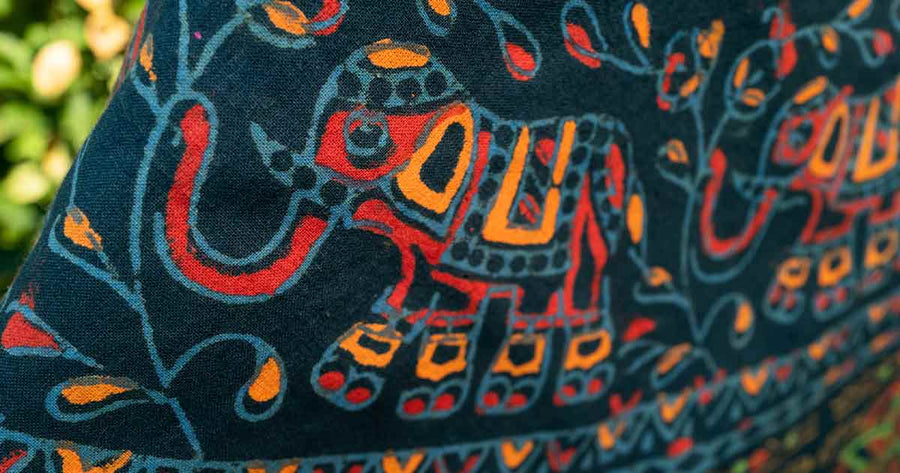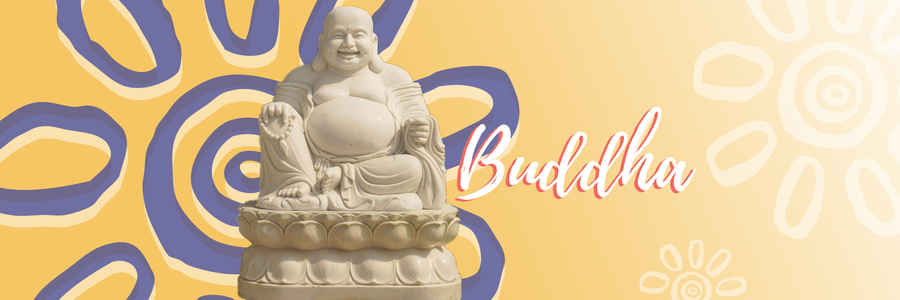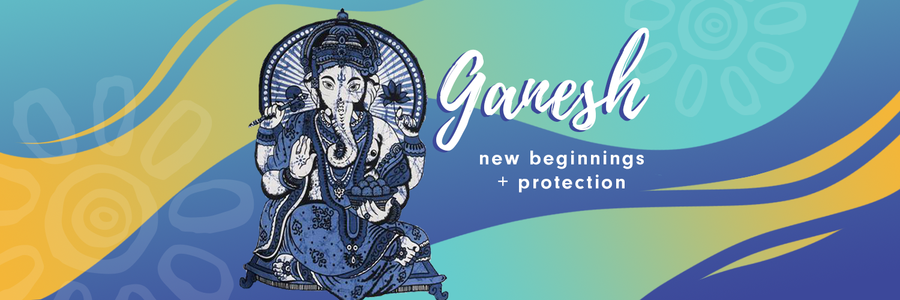learn more
our stories

Elephant Symbolism: Meaning of the Elephant as an Animal Totem
- Aug 29, 2022

The Happy Buddha: Symbolism across Cultures
- Sep 8, 2020

Elephants: Symbolism Across Cultures
- Aug 7, 2020

GEMSTONE MAGIC & MEANING: MALACHITE
- Jul 13, 2020

GEMSTONE MAGIC & MEANING: KYANITE
- Jul 13, 2020

GEMSTONE MAGIC & MEANING: AMETHYST
- Sep 11, 2019
Showing
1
Of
5





